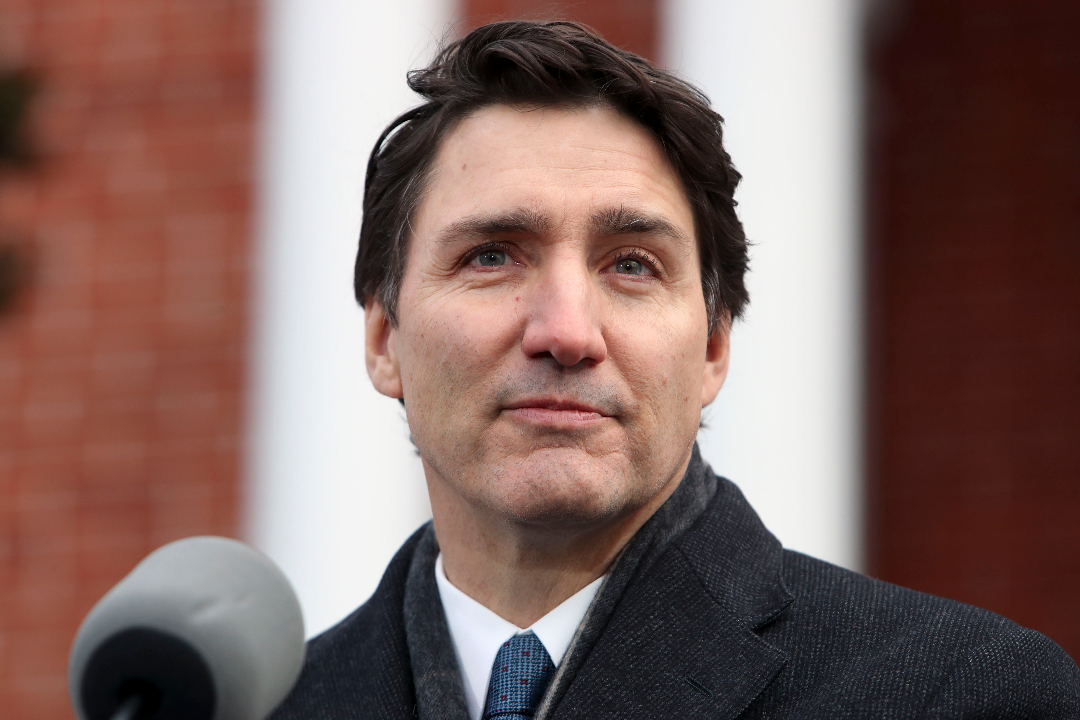On January 6, after two years of getting consistently walloped in the polls, Canadian prime minister Justin Trudeau finally swallowed his pride and announced his resignation. In addition to resigning, Trudeau shut down Parliament until March 24 through a procedure known as“proroguing,” giving his party a few months to conduct a leadership race before entering election mode.
During his near-decade in power, Trudeau became one of the most prominent international poster boys for tepid, performative reformism that never strayed outside the neoliberal straitjacket. His flagship climate policy — a national carbon tax — was deeply unpopular. While the policy was first implemented on a provincial level by right-wing governments in Alberta and British Columbia and had the blessing of the godfather of modern Canadian conservatism, Preston Manning, Conservative leader Pierre Poilievre has effectively used it as a scapegoat for the soaring cost of living.
While Trudeau has talked a bigger game on climate than any other prime minister, Canada remains the only G7 country to have increased its carbon emissions since 1990. At the same time, housing prices are astronomical, particularly in the Toronto and Vancouver metropolitan areas, and economic inequality has reached the highest level on record.
In the face of Poilievre’s 20 point lead in the polls, the next Liberal leader is almost certain to move the party rightward. Establishment-friendly political reporter David Akin of Global News spoke to a dozen Liberal MPs about the party’s future. “Almost all of the MPs . . . believe Trudeau has moved the party too far to the left and that shift has played a key role in the decline of the Liberals,” he wrote the day before Trudeau’s…
Auteur: Jeremy Appel

